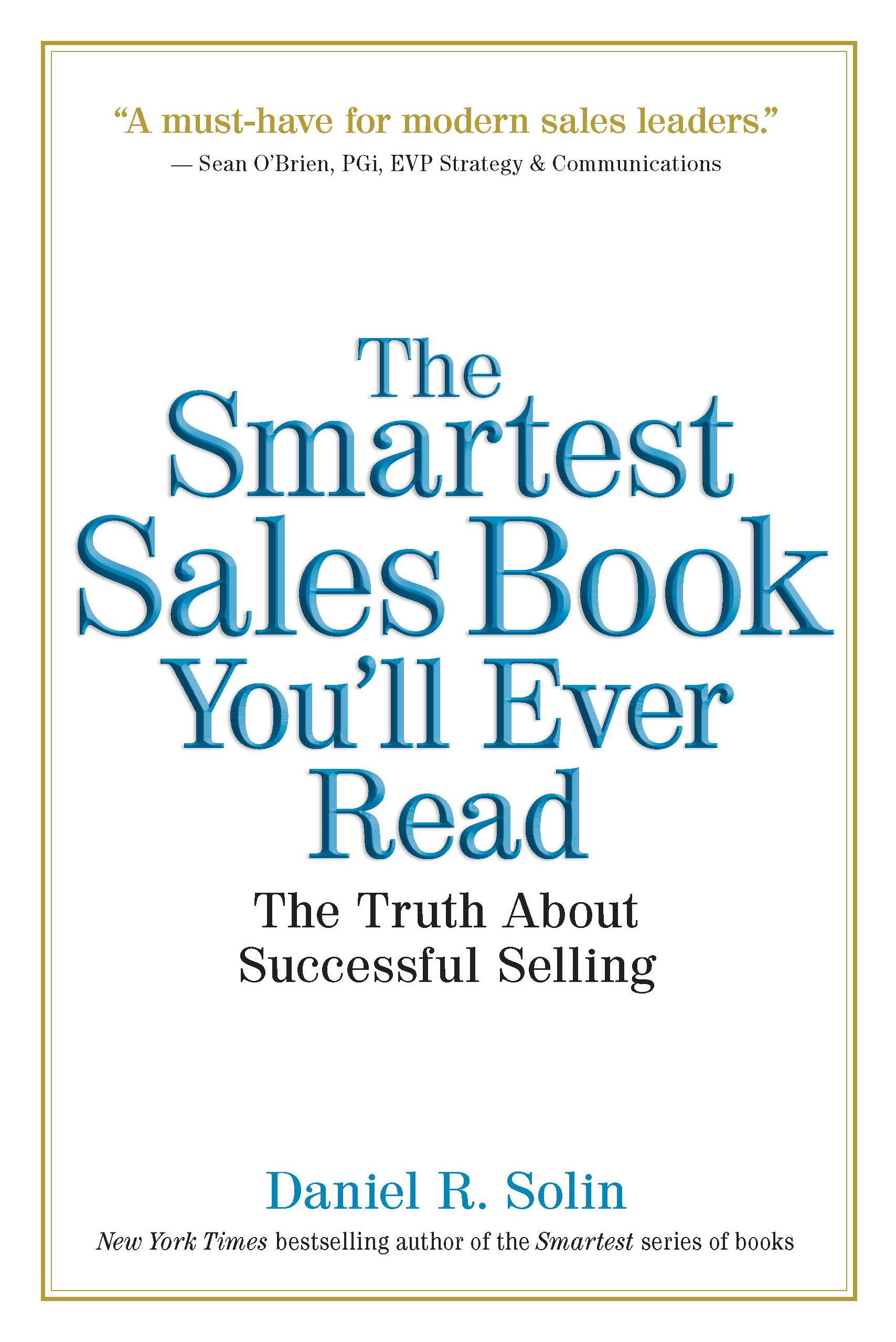Frank Luntz is a corporate consultant, pollster and political consultant to Republicans. His specialty is in messaging and finding the right words to help his clients sell their products or turn public opinion on an issue or a candidate. In a fascinating interview on Frontline, Luntz made some interesting observations about the impact of language.
He noted that "80 percent of our life is emotion, and only 20 percent is intellect." The adept use of language can leverage our emotions and change the way we perceive services and products. He gave an example involving the unsuccessful attempts to eliminate the estate tax. Efforts to do so were ineffective because "estate tax" was associated with wealthy people. By describing it as a "death tax," even though nothing else had changed, public support shifted markedly.
It's now time to apply the same principles and redefine "smart money."
The current definition is flawed
Many investors still believe the financial pundits appearing in the media, reputed investment "pros," hedge funds and institutional investors represent the "smart money." The financial media reinforces this myth. The intrepid Jim Cramer provides an endless stream of stock-picking recommendations. He repeats the mantra that "doing research" is a productive exercise for investors, despite the lack of any credible, peer-reviewed evidence supporting this premise.
Each December or January, the financial media promotes articles that feature the favorite stock picks of investment managers and "strategists" for the coming year. They don't often disclose that these recommendations are typically no more accurate than you might expect from throwing a dart at a list of available stocks.
Designating these "experts" as representing "smart money" is a cruel joke. A comprehensive 2009 study, "Luck Versus Skill in the Cross-Section of Mutual Fund Returns," found a portfolio of low-cost index funds is likely to perform about as well as a portfolio made up of the top 3 percent of actively managed funds (and better than the other 97 percent).
The reality is that the "smart money" is dumb, and what is currently viewed as "dumb money" is smart. As Luntz properly noted, don't underestimate the power of language. No one understands this better than the securities industry.
The "dumb money" is getting smart
According to an article in InvestmentNews based on data from Morningstar, for the 12 months ended Feb. 28, actively managed domestic stock funds have "completely fallen off the list of the industry's top products."
Morningstar ranked the top 25 best-selling mutual funds and exchange-traded funds (ETFs) in the United States. Not a single one employed a stock-picking fund manager. The article noted actively managed stock funds had net outflows of $120 billion over the last year. At the same time, comparable index funds had net inflows of $219 billion.
It's not surprising that the Vanguard Group is now the leader in mutual funds, with a staggering $2.3 trillion in assets.
How the real "smart money" invests
"Smart money" understands the relationship between risk and reward. Smart money invests in a globally diversified portfolio of low-cost index funds, passively managed funds or ETFs.
Investing based on anything else is probably "dumb money."
Remember "estate tax" and "death tax"? Every time you hear someone (like an "investment pro") making a prediction about when to get in and out of the market, which stocks to buy and sell or which actively managed mutual funds are likely to outperform, think about them as representing "dumb money."
Doing so can increase your expected returns and make it more likely that you will achieve your retirement goals. It will also give you the satisfaction of not becoming a victim of flawed terminology.
 Dan Solin is the director of investor advocacy for the BAM ALLIANCE and a wealth adviser with Buckingham. He is a New York Times best-selling author of the Smartest series of books. His latest book is The Smartest Sales Book You'll Ever Read.
Dan Solin is the director of investor advocacy for the BAM ALLIANCE and a wealth adviser with Buckingham. He is a New York Times best-selling author of the Smartest series of books. His latest book is The Smartest Sales Book You'll Ever Read.
The views of the author are his alone and may not represent the views of his affiliated firms. Any data, information and content on this blog is for information purposes only and should not be construed as an offer of advisory services.
